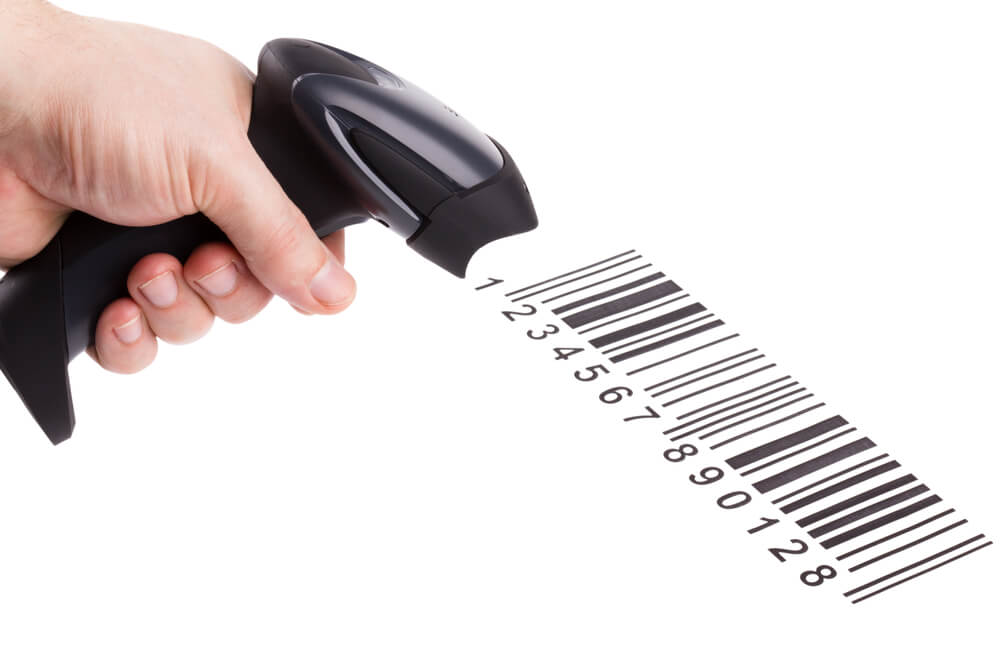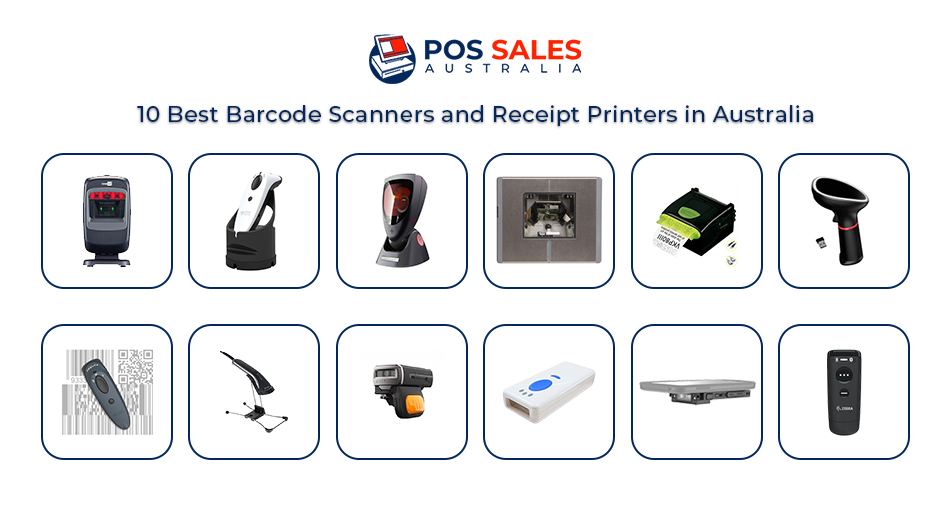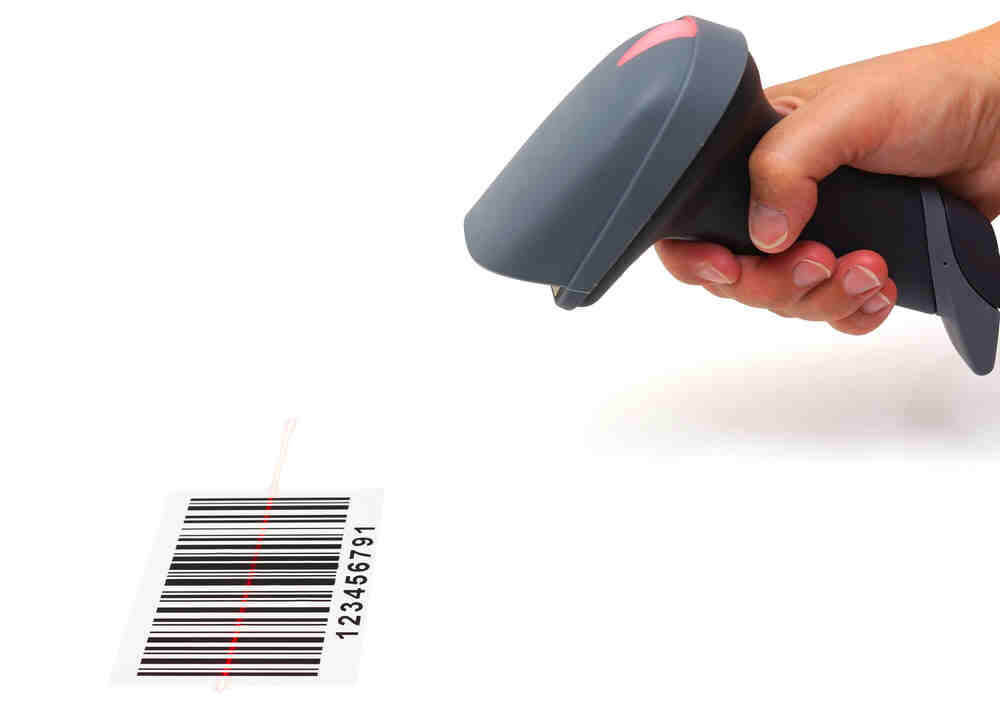Why Barcode Scanners Are Important for Modern Retail and Warehousing
In the swiftly evolving landscape of retail and warehousing, the integration of barcode scanners has come to be a crucial element in enhancing procedures and enhancing precision. By automating information entry processes, these devices not just reduce human error but additionally substantially boost inventory monitoring and check out effectiveness. As services strive for competitive advantage, understanding the multifaceted benefits of barcode innovation reveals its important function in optimizing resource appropriation and cultivating robust provider relationships. The ramifications of these innovations elevate additionally inquiries about the future trajectory of barcode technology and its influence on sector requirements.
Advantages of Barcode Scanners
Barcode scanners use numerous benefits that considerably improve operational efficiency in retail and warehousing atmospheres. The automation of information entry refines removes the mistakes commonly associated with manual input, resulting in improved accuracy in supply monitoring and sales deals. With the capability to rapidly check products, organizations can expedite check out times, improving the client experience and lowering wait times.
Additionally, barcode scanners assist in real-time information collection, enabling instant updates to inventory levels and sales documents. This capacity enables businesses to react immediately to changes popular and maximize stock levels, decreasing excess inventory and reducing stockouts. In addition, the integration of barcode scanners with inventory management systems streamlines procedures such as order fulfillment and item returns, further improving functional effectiveness.
Expense financial savings are one more essential benefit. By minimizing labor costs connected with hand-operated supply management and lessening mistakes that can lead to monetary losses, barcode scanners add to total earnings. Moreover, their convenience of use and mobility make them obtainable for staff training, guaranteeing that staff members can promptly become efficient in their procedure. On the whole, the execution of barcode scanners is a critical financial investment that produces significant returns in efficiency and operational excellence.
Enhancing Stock Management
Reliable supply administration is critical for maintaining functional effectiveness in retail and warehousing settings. Barcode scanners play an important role in this process by simplifying the tracking of supply levels, product places, and supply movements. By automating data capture, these tools decrease human error, leading to even more precise inventory documents.
Using barcode scanners makes it possible for real-time exposure into supply quantities, allowing businesses to make enlightened decisions regarding reordering and supply turning. This immediacy aids prevent overstocking or stockouts, both of which can negatively influence customer contentment and profit margins.
Additionally, barcode scanning facilitates effective supply audits. With fast scanning abilities, staff can conduct stock checks swiftly, guaranteeing that disparities are determined and corrected immediately. Improved inventory accuracy not just sustains operational efficiency but likewise strengthens relationships with suppliers, as precise data can result in better arrangement terms and improved order fulfillment.

Improving Check Out Performance
As customers significantly require quicker and more efficient shopping experiences, enhancing checkout procedures has actually come to be a leading concern for stores. Implementing barcode scanners plays a pivotal role in this endeavor, considerably improving the transaction process. By allowing cashiers to check things swiftly, barcode modern technology minimizes the moment spent on each sale, therefore shortening general wait times for clients.
Furthermore, barcode scanners help with the accurate identification of products, minimizing the potential for mispricing and guaranteeing that clients are charged correctly. This efficiency not just boosts consumer satisfaction but additionally boosts the merchant's operational effectiveness. With the ability to refine numerous products in quick succession, retailers can handle high quantities of purchases during peak shopping hours without giving up solution top quality.
Additionally, incorporating barcode scanners with point-of-sale systems allows real-time stock updates, offering beneficial insights right into stock degrees. This immediacy enables sellers to take care of inventory a lot more efficiently, ensuring that linked here preferred items stay in supply and decreasing the chance of shed sales. Overall, the fostering of barcode scanning innovation is vital for boosting checkout efficiency, ultimately resulting in improved consumer experiences and increased sales for sellers.
Minimizing Human Mistake
In retail and warehousing environments, the implementation of scanning innovation substantially lowers human mistake throughout transactions. Traditional hands-on entrance of product info is susceptible to blunders, consisting of wrong rates, misidentified things, and information access mistakes. barcodes scanners. Barcode scanners simplify this procedure by automating the capture of thing information, ensuring accuracy and consistency
By using barcode scanners, staff members can swiftly check items instead than manually inputting details. Barcode scanning minimizes these risks by enhancing the precision of stock matters and sales documents.
In addition, barcode scanners boost accountability within the workforce. With clear data trails produced through scanning, discrepancies can be recognized and resolved promptly, promoting a culture of precision. barcodes scanners. The decrease of human mistake not only improves functional performance but additionally constructs customer trust fund, as customers obtain the right items at the right rates. Generally, the adoption of barcode innovation is an important action toward attaining operational quality in retail and warehousing settings.
Future Patterns in Barcode Modern Technology
The evolution of barcode innovation is positioned to transform retail and warehousing procedures in the coming years, driven by developments in automation, information analytics, and mobile combination. As sectors significantly take on Web of Points (IoT) systems, barcode scanning will end up being indispensable to real-time inventory administration and supply chain optimization. Boosted data analytics capacities will allow companies to harness checked information for predictive analytics, boosting demand projecting and inventory turnover.

In addition, the integration of man-made knowledge with barcode technology assures to improve procedures through smart recognition and error discovery. As artificial intelligence algorithms evaluate scanned data, they can provide understandings that see this here help stop stockouts and overstock circumstances.

Verdict
In verdict, barcode scanners play a critical role in modern-day retail and warehousing by enhancing supply administration, improving check out efficiency, and significantly lowering human error. The assimilation of barcode innovation not only enhances operations yet likewise cultivates much better supplier connections and maximizes resource appropriation. As innovation continues to progress, the future of barcode scanning promises additional advancements that will drive functional effectiveness and profitability in progressively open markets.